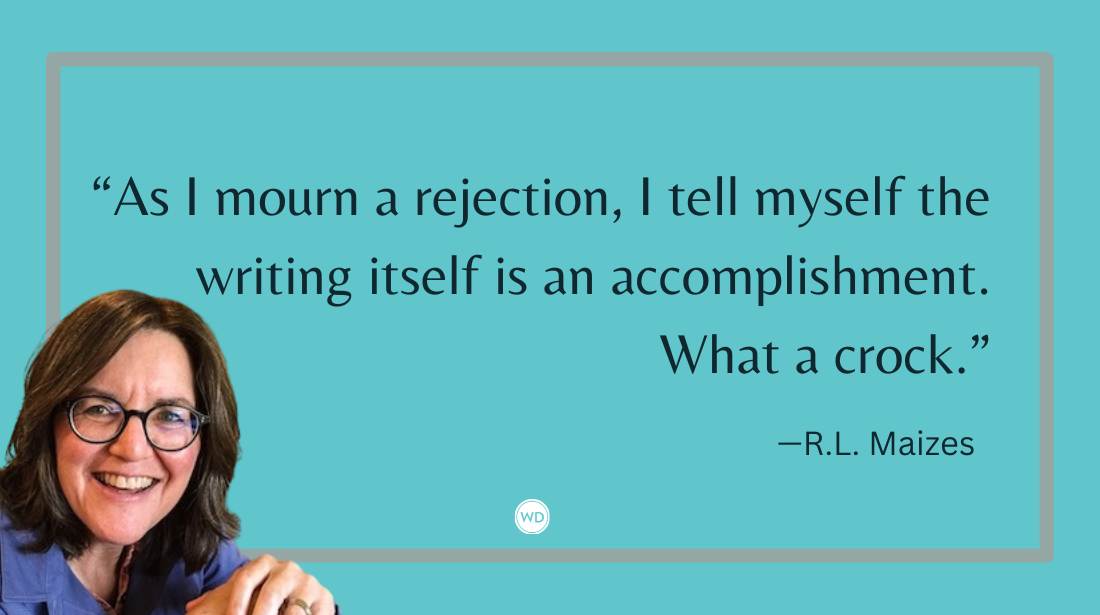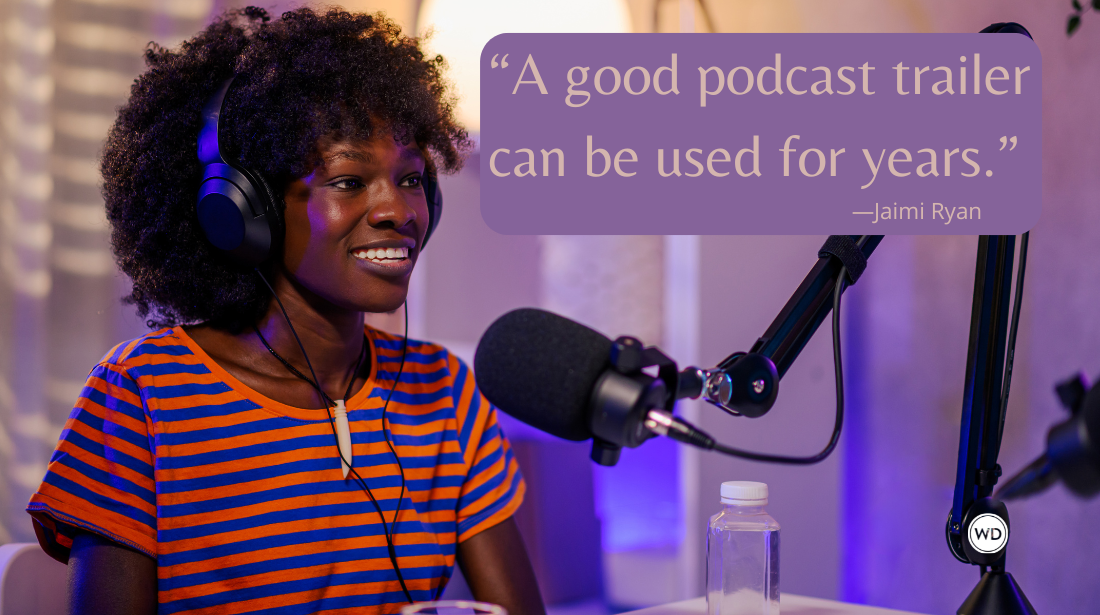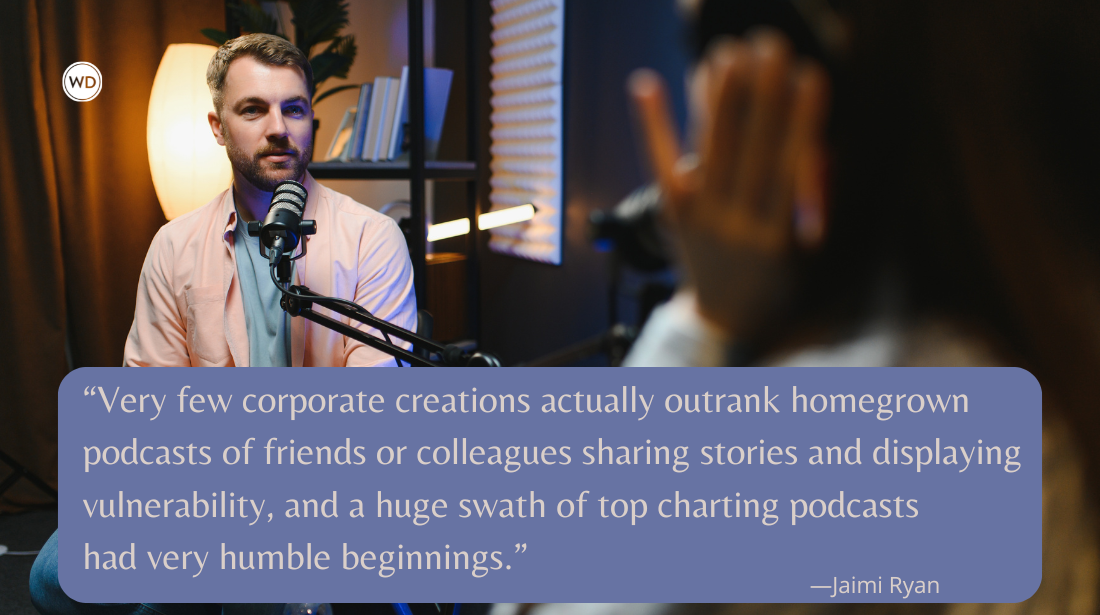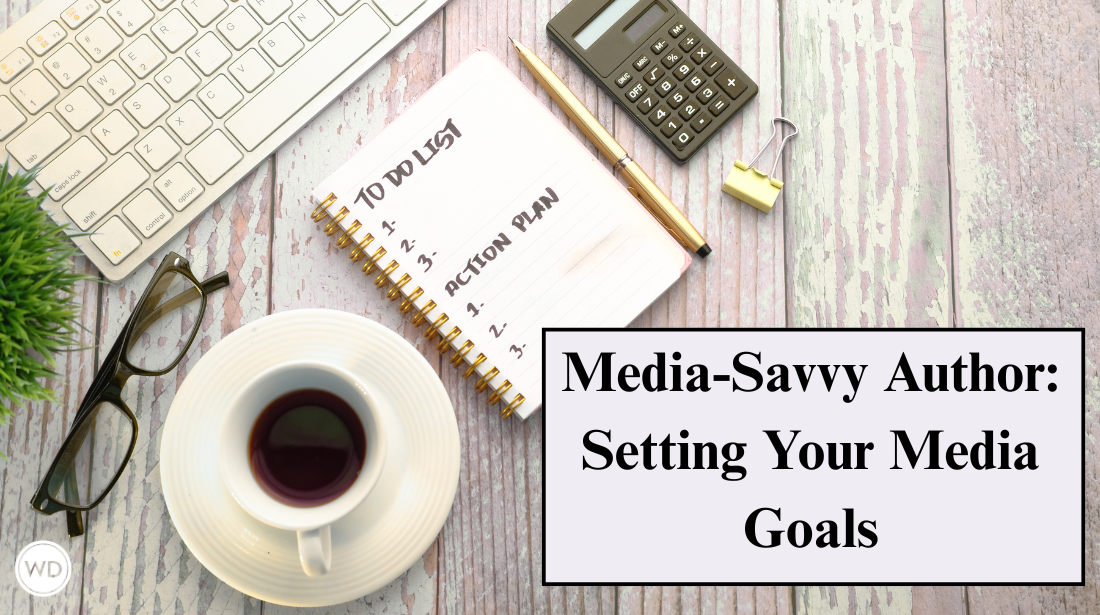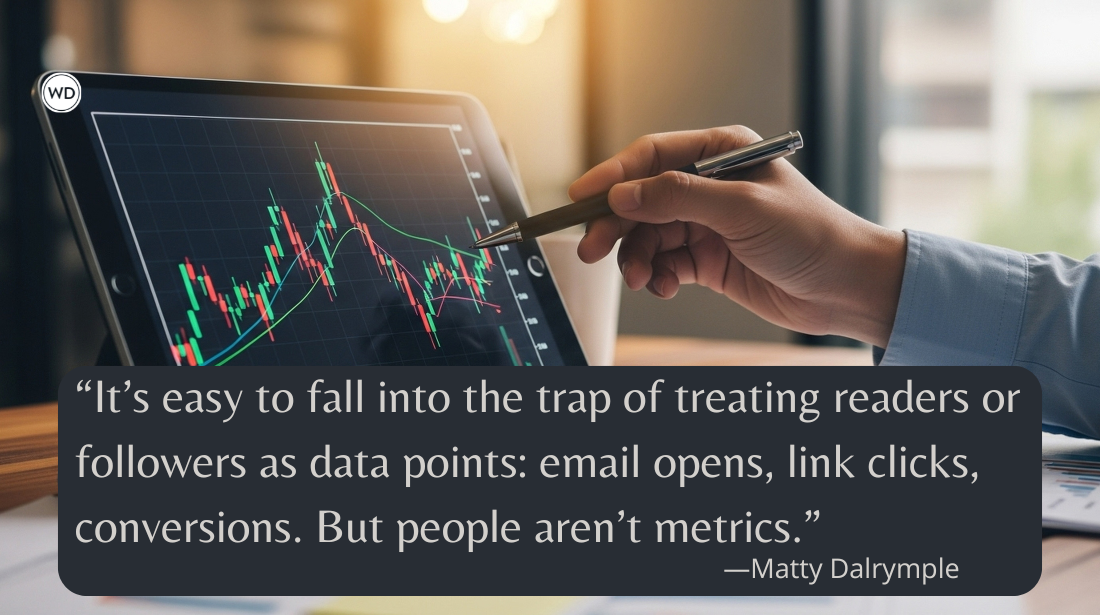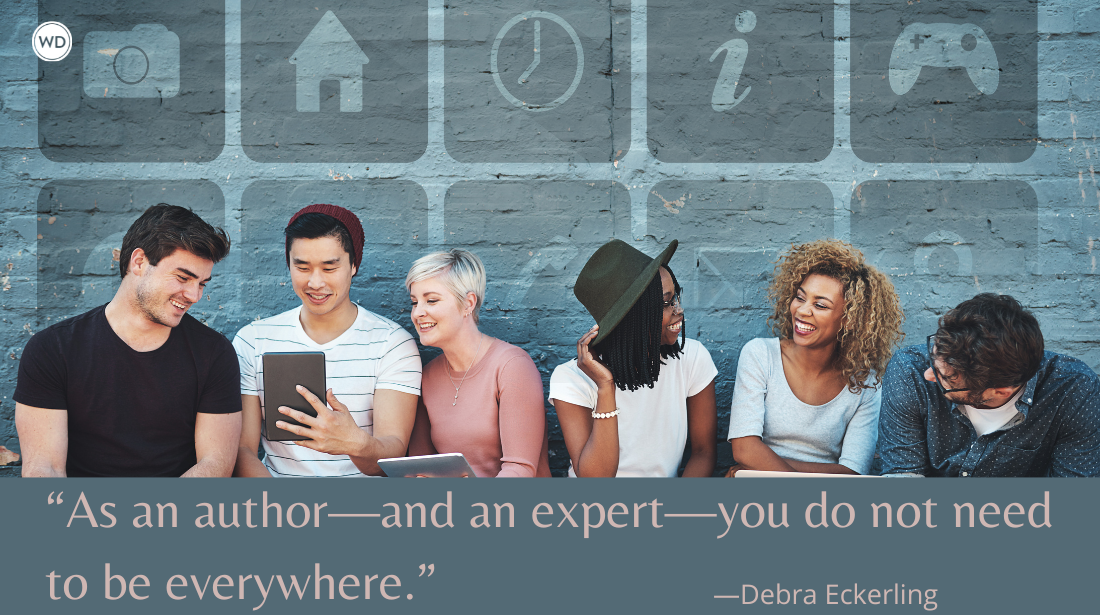Funny You Should Ask – Agents, Rough Drafts and More
Agent Barbara Poelle tackles reader questions about meeting agents face-to-face and serializing fiction online.
Agent Barbara Poelle tackles reader questions giving thoughtful (and funny) answers.
Dear FYSA,
Everyone is so worried about getting an agent. I have another issue.
I’ve met agents at conferences who dress sloppy, look shabby, and speak in an unprofessional manner. How would they appear on my behalf walking into Simon & Schuster? It’s impossible to tell from a photo.
I’ve been published. I feel confident of my writing. I don’t want an agent who says “like, uh” with every other word, and appears unpolished. Any suggestions on how to find an agent with presentation skills among his qualifications? What if you have a wonderful rapport via email and can’t stand her when you meet face-to-face? Can a writer meet an agent in person before signing with him?
Best, Concerned in California
Dear Concerned,
This is interesting, as it raises the question of what is the most important quality for an agent to have. I mean, I accessorize and am an accomplished public speaker, but I also once had a wheeled bar stool race with an award-winning author through the lobby of a Hyatt somewhere north of Chicago and south of sober. (But I won, and that is what is important in that story.)
But to begin to answer your question, one of my closest friends has her master’s in organizational psychology, and at a recent conference she asked attendees who they’d be more comfortable having as their money manager, as they were shown pictures of a young Warren Buffett and a young Bernie Madoff. Mr. Buffett was dressed cheaply and looked perhaps a little unkempt, while Mr. Madoff was wearing an impeccable suit and tie. Overwhelmingly the audience picked Mr. Madoff—and we all know how that would have worked out for them. But we already bring our own preconceptions to every interaction we have, so how can we ignore the instinct to team up with a representative who we feel best mirrors our own priorities?
I guess my question back to you would be, what is that priority: How an agent is received or how he is perceived? Meaning, if an agent seems unkempt and disorganized in person, but has a long and accomplished list of happy and well-placed clients, is that such a bad trade-off? Inversely, if an agent is well-groomed and silver-tongued, but after offering representation is reluctant to connect you to other clients for references, does that merit a larger red flag than no socks and a tendency to race bar stools?
If you queried this agent I assume there was something about her that made you feel she might make a strong advocate. But you don’t have to sign with her if you don’t feel she will ably represent you. The proof is in the puddin’, whether the puddin’ is a distinguished client list or, for a newer agent, a reputable agency, as it likely isn’t adding cut-rate puddin’ to its letterhead. As far as meeting in person before signing, I don’t mind if I offer representation to someone and he flies out to meet with me first, but this would be expensive and, in my opinion, unnecessary. I bet you could learn a lot more about me and how I do my job by speaking to clients of mine who have been with me for years than you could from a 30-minute face-to-face meeting in a bakery (which, obviously, is where we’d go to order the puddin’).
*****
This course is designed to help you understand how to craft a winning premise, how to outline your novel, and then how to take both of those things and assemble a synopsis that will act as a guide for you to write your novel and sell it.
*****
Dear FYSA,
Is it wise to publish the rough draft of a novel online, either serialized on my own blog or posted to a public critique forum or writing community? Will this deter agents and editors from accepting the manuscript, even if it’s appearing online only as a rough draft that will be rewritten? I have received answers on both ends of the spectrum—mostly from self-published writers—and would like an answer from an agent.
Best, Web Leery
Dear Leery,
Huh. First, I’m of the thinking to never put anything out there in rough draft form. Ever. You are the only voice your work has, and to create a lukewarm readership on an incomplete execution does not do it fair justice.
But, I may be alone in this thinking, so if we’re going with this scenario, here is how my experience unfolds:
You send me a query, I like it and request the full manuscript. If it’s in messy draft form, I get bummed out and I say, “This is a great idea, but the execution isn’t there.” And I pass, and you have undermined your efforts by querying with a project that wasn’t your best. (Whyyyyy?)
Or: The manuscript is a little rough in places, but all the right birdies and cherubs and St. Bernards wearing barrels of Polish vodka appear and after the last page I fall down twice on the sprint to the phone to beg you to be my client. After you accept, you say, “I serialized a draft on my blog and people seemed to like it!” And I say, “How many people?” And you say, “327,926,” and I laugh and clap and dance and say, “Cool! You’re going to need to take it down, though.” Or you say, “47 people,” and I still laugh and clap and dance because I love the book so much and I say, “Cool! You’re going to need to take it down, though.” Because I wouldn’t want anything that isn’t in its best form available. But will its having appeared online deter me from representing it? Nope.
Now, as far as online critique forums go—I think everyone should have a critique group or partner. They can help immeasurably. But I’d prefer that be done offline or in an invite-only online forum.
Think of any sort of public viewing of your writing like this: Your manuscript needs you to come over and drink wine and set up its online dating profile to find its best match. You would never allow your novel to post a profile picture that adds 10 pounds or sports a funny haircut, would you? Make sure when anyone has the chance to see it, it’s in its finest light. You both deserve it.
Ask Funny You Should Ask! Submit your questions on the writing life, publishing, or anything in between to wdsubmissions@aimmedia.com with “Funny You Should Ask” in the subject line. Select questions (which may be edited for space or clarity) will be answered in future columns, and may appear on WritersDigest.com and in other WD publications.
Barbara Poelle is vice president at Irene Goodman Literary Agency (irenegoodman.com), where she specializes in adult and YA fiction.




